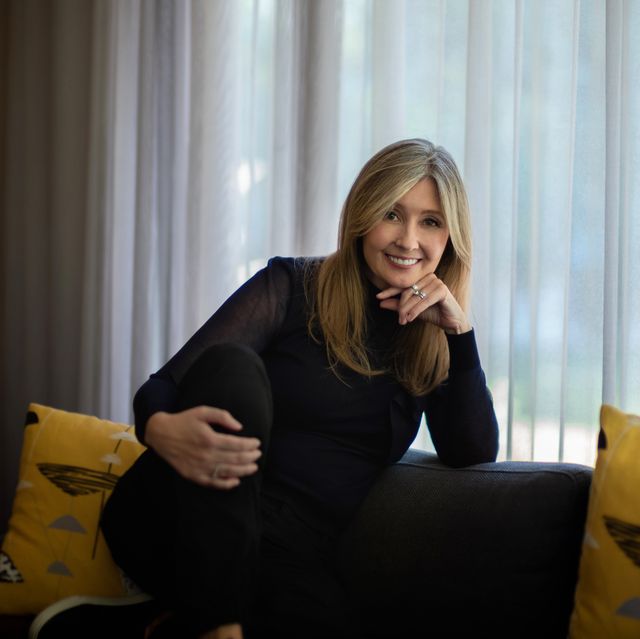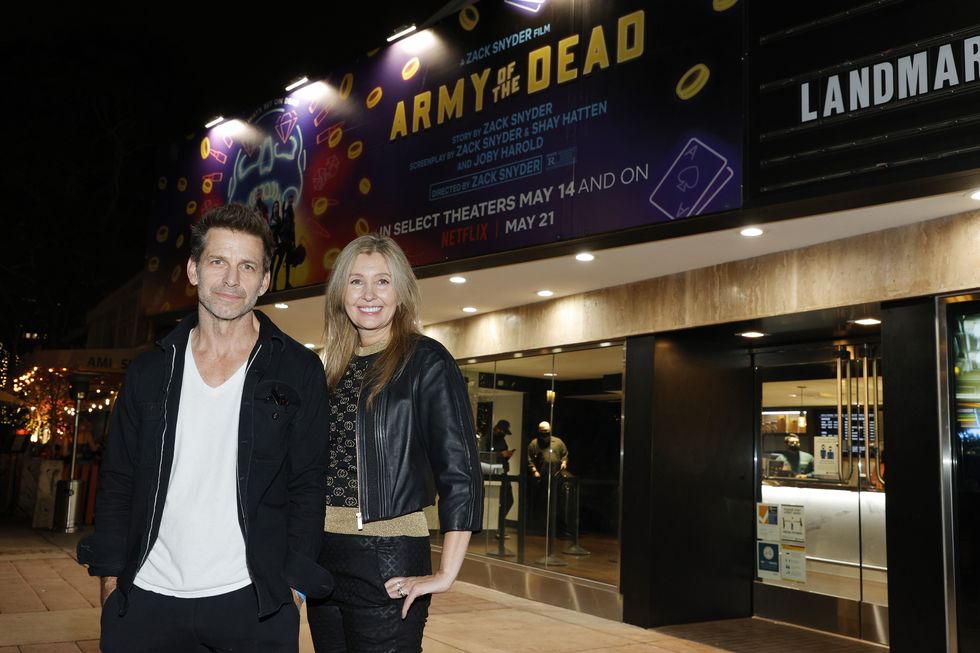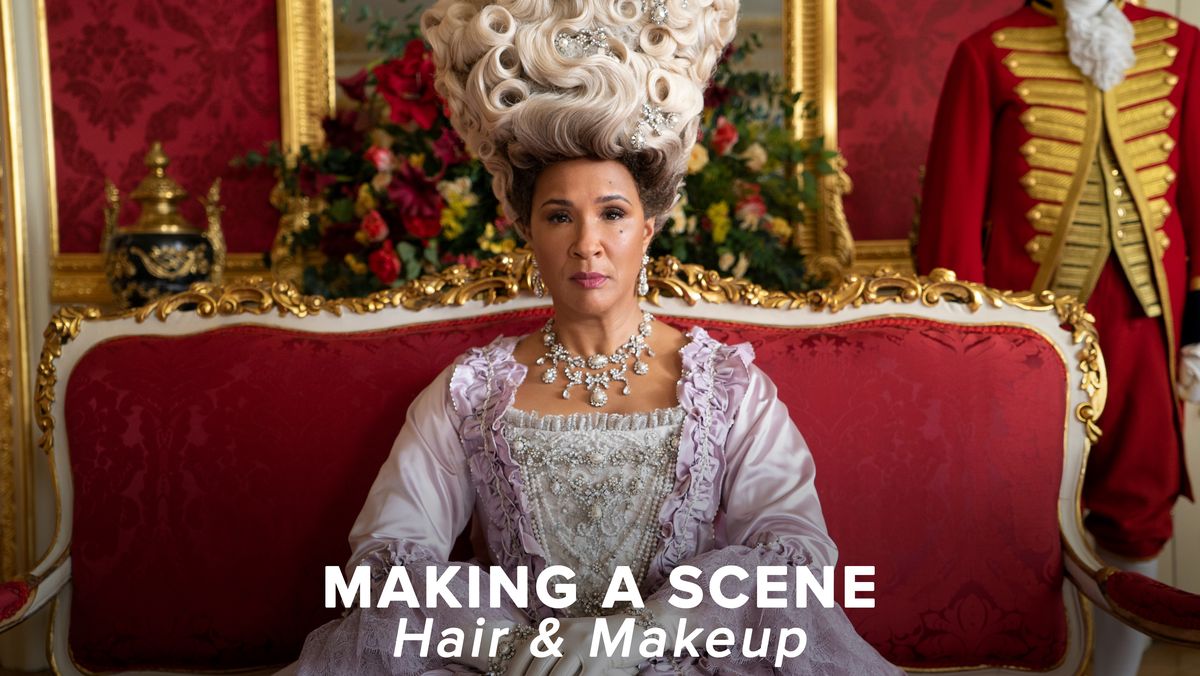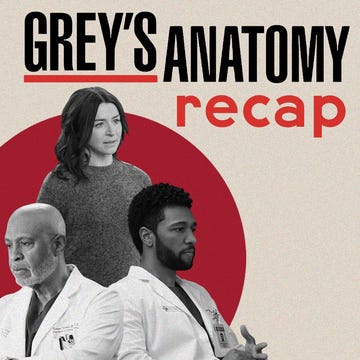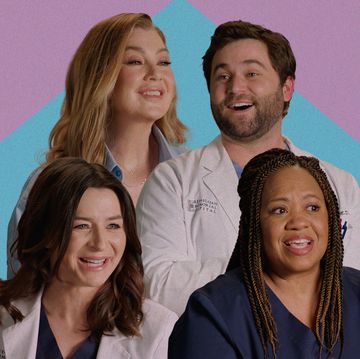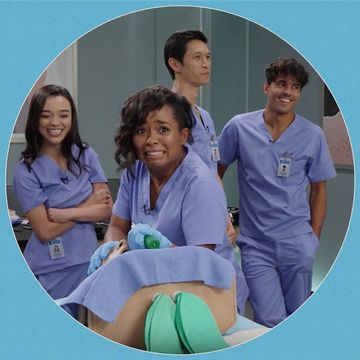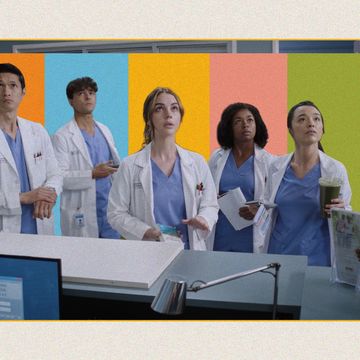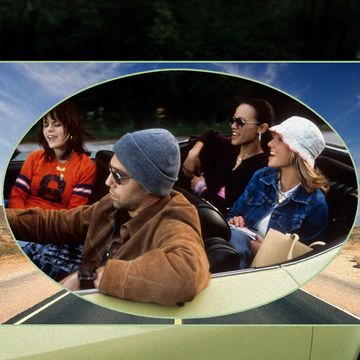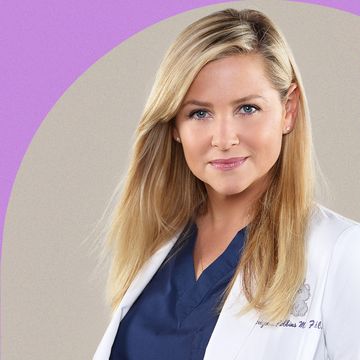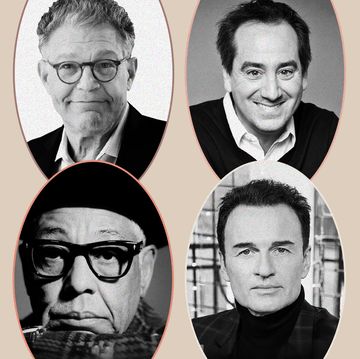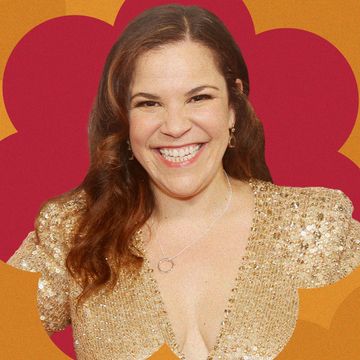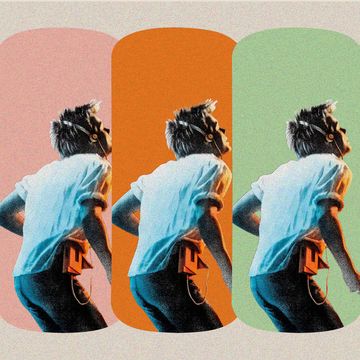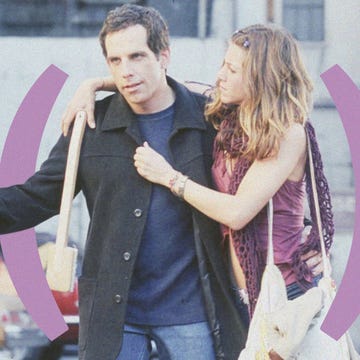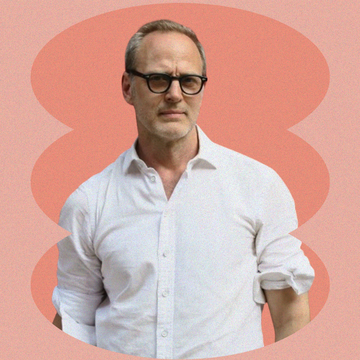Deborah Snyder is in an interesting position. She’s produced some of the last decade’s biggest blockbusters and action franchises (like Wonder Woman and Wonder Woman 1984, Aquaman, Suicide Squad, Batman v Superman: Dawn of Justice, Man of Steel, 300 and 300: Rise of an Empire, Sucker Punch, and Watchmen, to name a “few”), but she isn’t considered a household name.
That isn’t entirely rare for a producer, especially one who, up until recently — with a more informed and sophisticated viewership thanks to social media, access, and interest in the goings-on behind the camera — was quite used to being in the shadows with their puppet strings guiding things along. But what’s unique about Deborah Snyder is that she is both married to and the producing partner of Zack Snyder, genre director extraordinaire and uber-famous Hollywood personality. It conjures the image of an old and tired adage, “the woman behind the man,” a phrase that Deborah Snyder politely brushes off.
“‘The woman behind the man’ has a connotation that you’re behind the man,” Snyder tells Shondaland. “[Zack and I] are at the same line together. I see our relationship as an equal partnership, and we have different roles to play. People always ask me what it’s like to be working with my husband, and I say, ‘He’s the director, and my job as a producer, regardless if he is my husband or not, is to bring the director’s vision to screen.’ I am very opinionated, and we always talk through things, but then we always have a united front. I strive for that whoever the director is because that’s my role as the producer, whether it’s Patty Jenkins or [my husband].”
The Snyders’ latest project together is Netflix’s Army of the Dead, an idea hatched by Zack Snyder when he was directing his first feature film, a 2004 remake of Dawn of the Dead. The movie, now available on Netflix, is a wild zombie-action-thriller heist starring Dave Bautista, Ella Purnell, Tig Notaro, and Garret Dillahunt. It comes on the heels of the widely popular release of Zack Snyder’s Justice League on HBO Max, the original version of which the Snyders had to bow out of after their daughter Autumn died by suicide in 2017.
“Army of the Dead was our first movie back [after taking] two years off,” says Deborah Snyder. “It was a big turning point for us.”
Shondaland got the chance to talk with the trailblazer about the importance of speaking up about mental health, her commitment to mentoring and getting more women behind the camera, and what she’s learned from being in big rooms with big names taking big movies all the way to the big screen.
VALENTINA VALENTINI: Why is it still so hard for us to recognize female producers, even behind massive franchises?
DEBORAH SNYDER: I think it’s hard recognizing producers in general, and then you add the layer that you’re a female producer. It’s abstract what we do. Also, there are many different kinds of producers, and, depending on background and involvement, there’s not one way to define what a producer is. I’m an on-set producer. Everything we do, I’m intimately involved in, from figuring out what the script is to casting to budgeting to location finding to building the creative team to post-production — the exciting part is putting all the pieces together because those decisions shape what the full vision of the film will be.
VV: Did you always want to be doing this, being a producer?
DS: No, I wanted to be a journalist [laughs]. I went to Ithaca College, and I wanted to be a broadcast reporter — they have a great program, and a lot of great reporters have come from there — but when I started working at the station there, I realized I didn’t really like being in front of the camera and that I liked the planning and figuring out of things. But I grew up in New Jersey. I’d never been to California; Hollywood was so far away. I knew a few people whose parents worked in advertising, so one summer I went to work in the production department at DDB Needham, one of the big Madison Avenue agencies. It was amazing. I got to shadow all these producers in the heyday of advertising. The next summer, I did Disney’s college program and worked with MGM executives. After graduating from Ithaca, this perfect opportunity to work for five producers at Backer Spielvogel Bates came up. But I didn’t know how to type, which was keeping me from getting a lot of the jobs I wanted. I failed my typing test, but they let me go up and meet the head of production at the time. I told him I failed, and he said that he didn’t care. I got the job and spent eight years there working my way up to producer. I worked on M&M’s campaigns, Estée Lauder, Tommy Hilfiger, Miller Genuine Draft. Looking back, all that work was so translatable to features because they’re like these mini movies and all the steps are the same.
VV: What have you learned working on these massive franchise blockbusters?
DS: You know what? It was almost more stressful working in advertising than it has been on these $100-million-plus movies because I felt like I was so alone. With the big movies, you have so many people that you collaborate with, so many people you can ask questions of. And where I am in my career now, I’ve realized that asking questions is okay. And I’ve learned that having good communication skills is so important. You’re a problem solver, and sometimes other people on your crew might be having issues; you are there to mediate and sort it out. And communication with the studio, or if a problem arises, I’ve learned to be really present and navigate that problem. The good news is, you have other people to help you solve the problem, and it’s not entirely on your shoulders.
VV: When it comes to fair and equal treatment in Hollywood, how far do you think we’ve come since, say, the start of the Weinstein takedown?
DS: I think we’ve come very far in that we’re talking about it so much more and we’re seeing programs to promote change and real incentives to promote change. We talk a lot more now about getting women in front of the camera, their narratives on camera, and having more directors who are women, but there are hundreds of jobs on a film set, and a lot of them are very male.
VV: Are you doing anything in particular to help reach parity?
DS: My goal is to have parity behind the camera, and the only way you can actually change that is to start showing women that there are these other opportunities. So, a few years ago, I started bringing young women — and not kids who are in film school because they have the privilege of being at a film school — but high school kids to set. For Justice League in England, they each spent five weeks on set in a bunch of departments. On Wonder Woman, we had about 30 young women come to set for a bit. In New Mexico on Army of the Dead, we connected with a high school and had one day of just young women and another day of coed students. Being a mentor and exposing young women to the opportunities that are out there in filmmaking, it’s the only way we’re going to see that change. I had a lot of people giving me advice through the years, but no one who was a really solid mentor, and then I feel like that’s what I can offer. Another thing I started doing with Zack after Autumn’s death is working with AFSP [American Foundation for Suicide Prevention] a lot to promote mental-health awareness. Given the year we’ve all had, where a lot of people have lost their jobs or their businesses or their loved ones, I think mental health is so important. It’s similar to mentorship and parity in Hollywood in that being able to talk about these things and bring them into the open is such an important part of the process.
VV: What do you want to be your legacy?
DS: After Autumn’s death, a lot of people reached out to us and talked about how the movies that we have made have touched them in some way, or has helped them through dark times, given them hope when they didn’t have hope. To be able to do that, to create this thing that will live on after I am gone and Zack is gone, that people actually cared about and it meant something to them, that is the most amazing legacy I think we could ever have.
VV: Is there anything that people would be surprised to learn about you?
DS: I’m really, really afraid of heights.
VV: I thought you were going to say horror movies, which would have been ironic.
DS: Oh, no. I’m a horror-movie junkie!
Valentina Valentini is a London-based entertainment, travel, and food writer and also a Senior Contributor for Shondaland. Elsewhere she has written for Vanity Fair, Vulture, Variety, Thrillist, Heated, and The Washington Post. Her personal essays can be read in the Los Angeles Times, Longreads, and her tangents and general complaints can be seen on Twitter at @ByValentinaV.
Get Shondaland directly in your inbox: SUBSCRIBE TODAY
